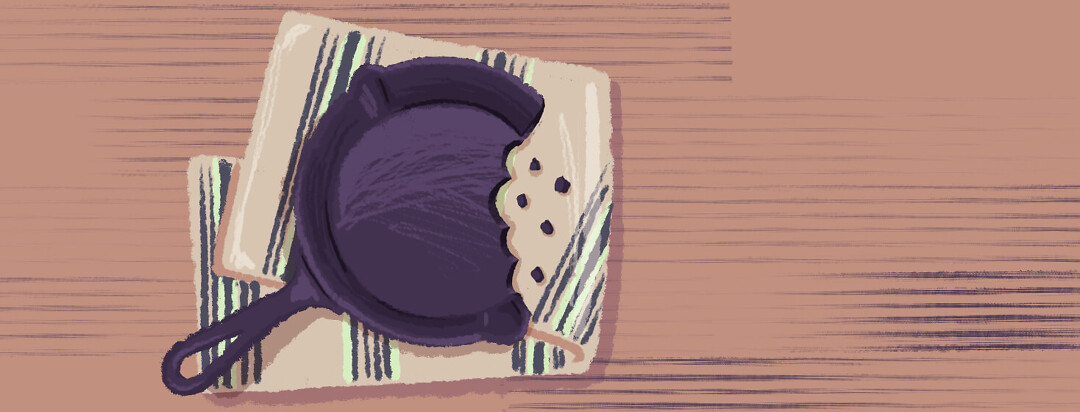Iron Supplementation in CF - Part 1
Anemia, or iron deficiency, is one of the most common nutritional deficiencies in the world. Furthermore, people with cystic fibrosis (CF) are at an increased risk of developing anemia: 10% of children with CF have been diagnosed with iron deficiency at one point. Anemia can worsen with age and reduced lung function. However, anemia can typically be managed easily once the right diagnosis is made.1
What causes anemia in cystic fibrosis?
Anemia in CF is caused by a variety of factors; in fact, diagnosing the cause may be challenging. Factors leading to anemia include:1,2
- Iron deficiency as a result of blood loss: people with CF may have complications such as hemoptysis, or coughing up blood, and variceal bleeding, or bleeding in the esophagus or stomach. When blood is lost, so is iron.
- Deficiency of iron: this type of anemia is specifically called iron deficiency anemia. It is unclear why other mechanisms of iron deficiency occur in people with CF. It could be related to nutritional deficiencies as a result of CF.
- Anemia due to chronic disease: this type of anemia presents as a result of inflammation that occurs in chronic or acute diseases, such as CF. The underlying reason why this occurs is largely unknown at this time.
Symptoms of anemia
Depending on the level of deficiency, some people with anemia will experience no symptoms. Other may experience the following:1,2
- Weakness and fatigue
- Reduced exercise capacity
- Headaches
- Irritability and/or depression
- Beeturia, or pink/red-coloured urine after eating beets
- Restless leg syndrome
- Pica, or craving/eating non-food items, such as clay and dirt
Iron supplementation
Iron supplementation may be required for some people with cystic fibrosis who experience anemia. Usually, the physician orders bloodwork first to confirm the diagnosis of iron deficiency. It is important to never start iron supplementation until it has been recommended by a doctor. This is because consuming excess iron that may not be needed can lead to iron toxicity, or result in unnecessary side effects of supplementation.1,2
Types of iron supplements
There are so many different types of iron supplements, which poses a challenge when selecting the appropriate agent over-the-counter. Supplements vary in the amount of elemental iron content, which is the total amount of iron that can actually be absorbed, and used, by the body. Common iron replacement products include the following:1,2
- Ferrous fumarate
- Polysaccharide iron
- Ferrous gluconate
- Ferrous sulfate
Which iron is best?
It can be overwhelming to pick an iron supplement from the various options available. Not only are there many types of iron, but there are various brands and formulations between each type. Costs can also vary quite considerably; it is important to note that more expensive iron brands are not necessarily better than their less-expensive counterparts.1,2
The good news is that most of these products are equally effective. The key is to find one that is tolerated best. Factors to consider when selecting the right iron will be outlined in Part 2.
Do you or your loved one with cystic fibrosis experience anemia? Share your experience with the community.

Join the conversation